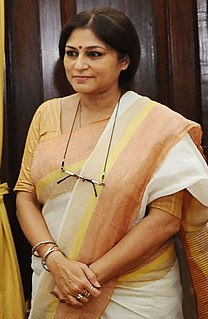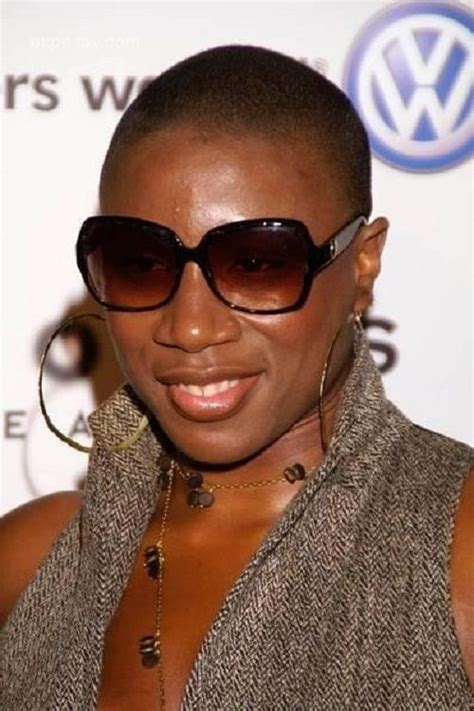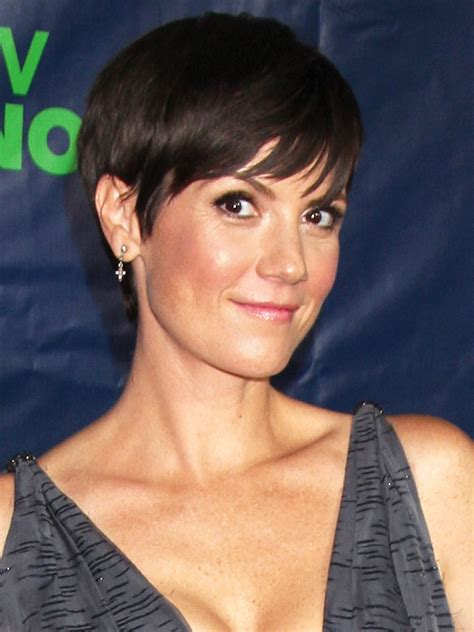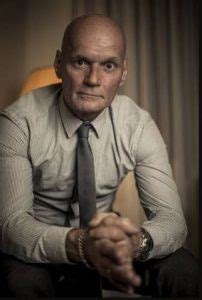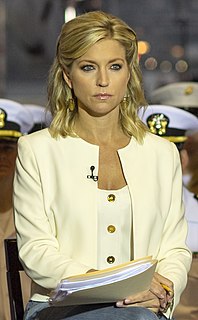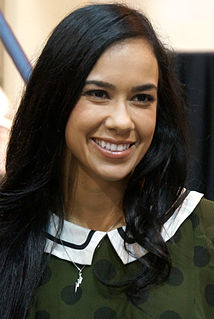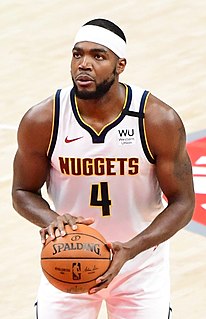A Quote by Katherine Boo
I was spending a lot of time in Mumbai after I met my husband, who is Indian, and while parts of the city were prospering like crazy, I couldn't quite make out how the new wealth had changed the prospects of the majority of city residents who lived in slums. So after a few years I stopped wondering and started reporting.
Related Quotes
I remember returning to Bangalore after a few months of travel and seeing it as a first-world city, like New York or San Francisco. This may be obvious to some people, but I grew up in Delhi, and I had no experience of how someone from a 'Tier 2' city may view a 'Tier 1' city. You really do emigrate between worlds when you come from those towns.
I felt that there's an obligation when writing a piece about an urban expressway made in the 50s to acknowledge the context, and Robert Moses is sort of an iconic figure in New York, and he influenced the shape of the city more than anyone else before or after him. He was one of the most powerful and influential civic architects in the world, because of how much he transformed the city. He built multiple bridges and highways and parks and recreational spaces, beaches - in the course of a few decades, he completely changed the city
Clay Felker was then - he had - to his credit, he had created New York Magazine, which was the first of the city magazines that covered the city and gave all kinds of advice and all that sort of stuff. And there were copies all over the country by the time he left. He had, however, a view of journalism that was very much, I must say, like Tina Brown's at The New Yorker. You hit 'em hard, fast, give 'em something to talk about the day after the paper comes out, as contrasted with William Shawn, who gave them something to talk about two or three years from then.
I had written a book called "Boston Boy" some years ago, and that took me from the time I could speak, I guess, in Boston through the time when I finally left to come to New York. One was understanding and coping with anti-Semitism. Boston, at the time, was the most anti-Semitic city in the country. And I found out when I was an adolescent that you have to be crazy to go out after dark all by yourself; you'd get your head bashed in.
When I was mayor of New York, my views changed. I began as mayor of New York City thinking that I could reform the New York City school system. After two or three years, four years, I became an advocate of choice, of scholarships, and vouchers, and parental choice, because I thought that was the only way to really change the school system.
[After Easy Rider] I couldn't get another movie, so I lived in Mexico City for a couple of years. I lived in Paris for a couple of years. I didn't take any photographs, and then I went to Japan and saw a Nikon used. I bought it, and I just started, like an alcoholic. I shot 300 rolls of film. That was the beginning of me starting again.
Bands who are in their early 20s today, they are living in their own time and they have a series of parameters they have to work around. Ten years ago, our reality was spending a lot more time in obscurity before anyone really knew who we were. I don't feel like I have any real advice to give anybody who is starting a band today. As Mike Watt said, "You know, not everyone has the ability to be born at the same time." We wanted to be like R.E.M., but the reality is that 15 years after R.E.M. was putting out those records, the playing field had changed drastically as well.

